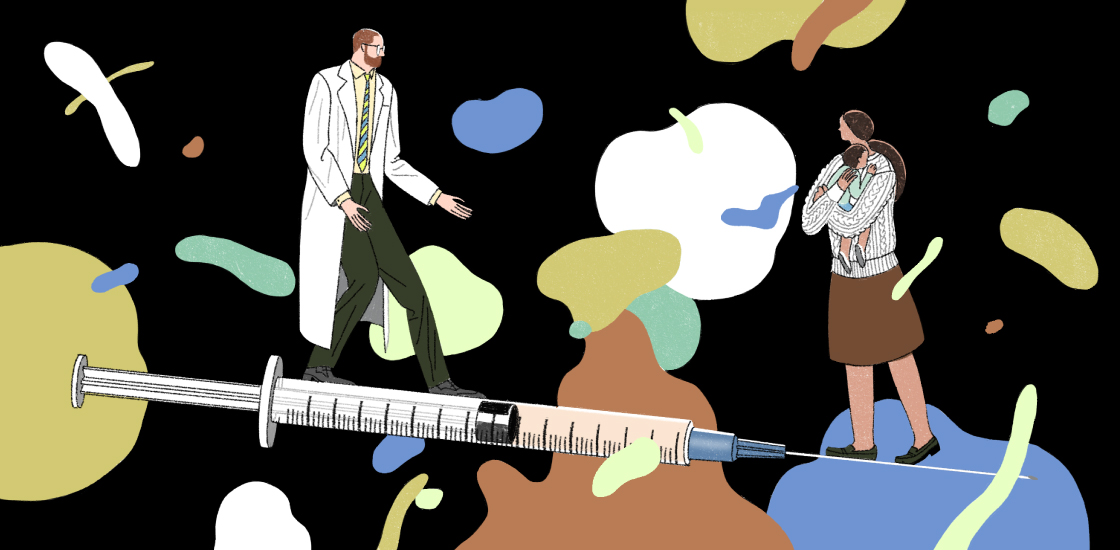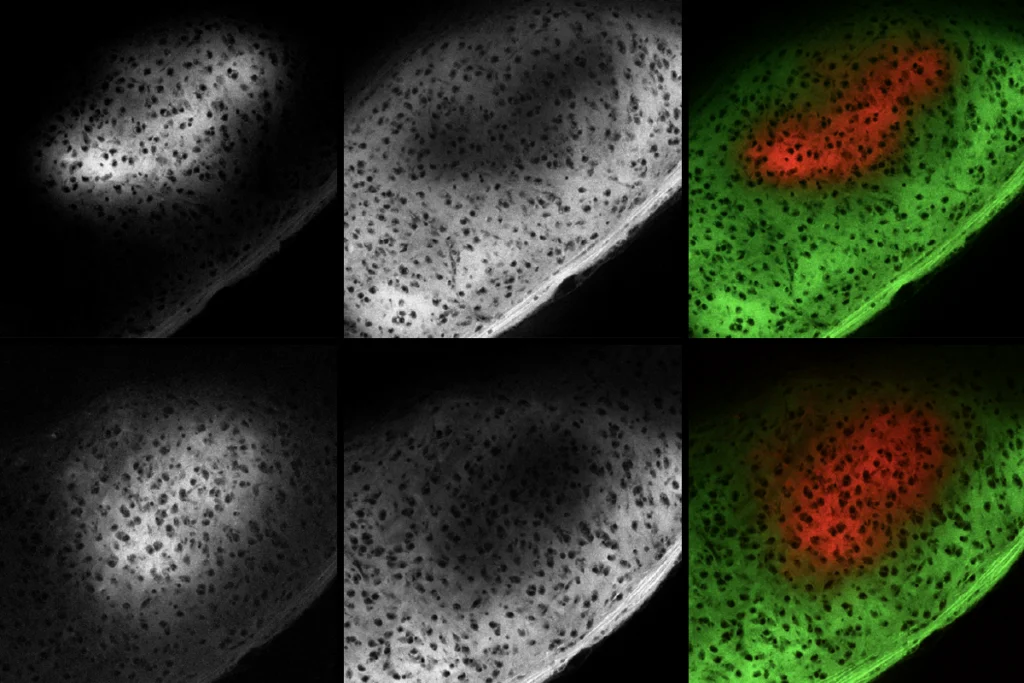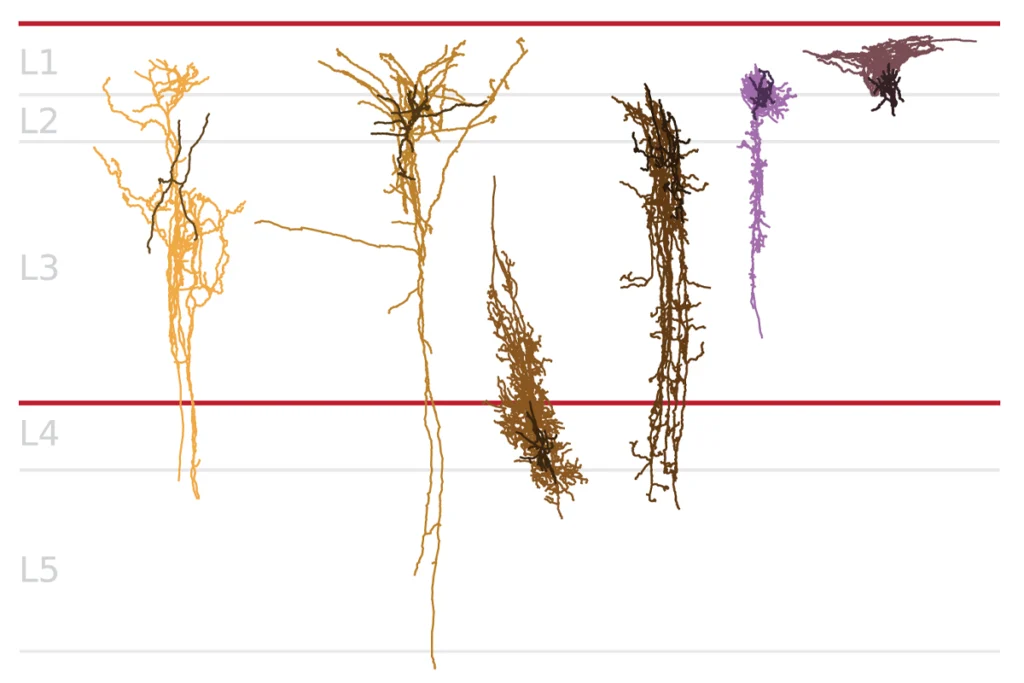John Loike is adjunct professor of pathology at Columbia University, where he teaches “Crossroads in Bioethics” and “Ethics for Biomedical Engineers.” He is also professor of biology at Touro College in New York City.

John Loike
Adjunct professor
Columbia University
From this contributor
Vaccination: Costly clash between autonomy, public health
Every state in the country should require that all children be vaccinated before attending school.

Vaccination: Costly clash between autonomy, public health
Explore more from The Transmitter
Karen Adolph explains how we develop our ability to move through the world
How do babies' bodies and their environment teach them to move—and how can robots benefit from these insights?

Karen Adolph explains how we develop our ability to move through the world
How do babies' bodies and their environment teach them to move—and how can robots benefit from these insights?
Microglia’s pruning function called into question
Scientists are divided over the extent to which the cells sculpt circuits during development.

Microglia’s pruning function called into question
Scientists are divided over the extent to which the cells sculpt circuits during development.
Early trajectory of Alzheimer’s tracked in single-cell brain atlases
Inflammation in glia and the loss of certain inhibitory cells may kick off a disease cascade decades before diagnosis.

Early trajectory of Alzheimer’s tracked in single-cell brain atlases
Inflammation in glia and the loss of certain inhibitory cells may kick off a disease cascade decades before diagnosis.